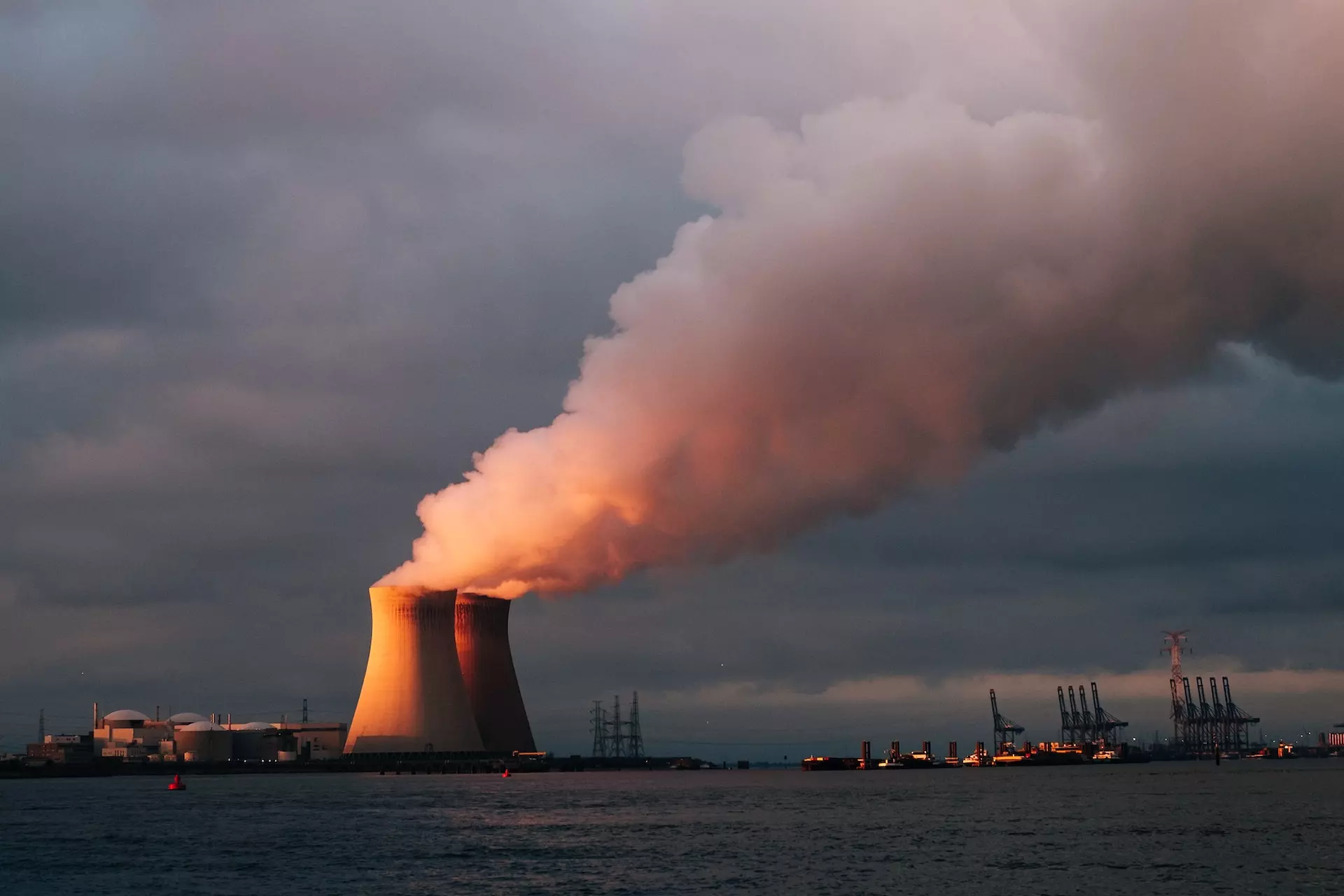https://www.lifegate.it/rinnovabili-obiettivo-2030
- |
The European Parliament and the Swedish-led presidency of the European Council they reached an agreement (provisional) on the renewable energy directives (Red – Renewable energy directive).The agreement increases to 42.5 percent the European target for 2030 for the share of final energy consumption covered from renewable sources.
More renewables and less bureaucracy
Europe's ambitions in energy terms are therefore growing:the mandatory contribution from clean sources rises from the current target of 32 percent but it remains below the 45 percent proposed by the Commission in its RePowerEu.
The legislation will also speed up the procedures for grant permissions for new renewable energy power plants (solar panels and wind), or to adapt existing ones.
“Well done”, rejoices the president of the European Parliament Roberta Metsola commenting on the news on Twitter.Now the agreement will have to be ratified by the European Parliament and the European Council.

There is also nuclear hydrogen, but with limits
The directive also includes what is called “red” or “purple” hydrogen (red or purple hydrogen), or produced starting fromnuclear energy, but with some limitations.During the press conference to present the agreement to the Brussels Parliament, the rapporteur Markus Pieper (EPP) himself explained the modalities:“only those countries that have reached the target of 42.5 percent will also be able to count red hydrogen as a clean source, since it has low CO2 emissions”.
To those who asked Pieper if this "exemption" is not risked discouraging investments in renewable sources conventional, the answer was negative:“those who must reach the target set by the directive will necessarily have to invest in sources such as photovoltaic, wind or biomass.The exemption has been provided for those who have already achieved this objective and intend to improve".The only country that can boast of this result, Pieper always explained, is Italy Sweden (the same country that is leading the European Council).The next ones could be Finland, Belgium and France.
